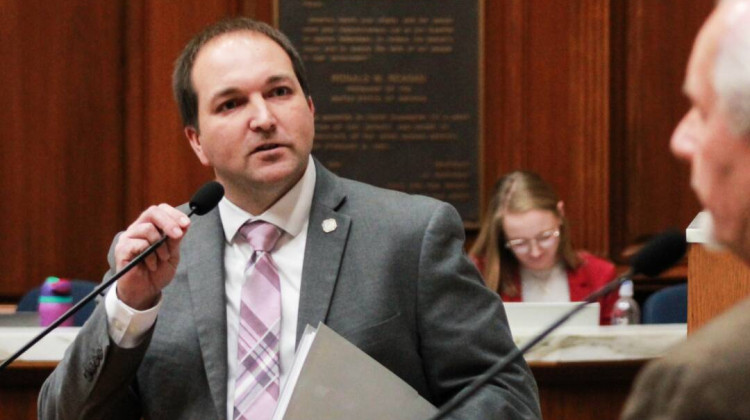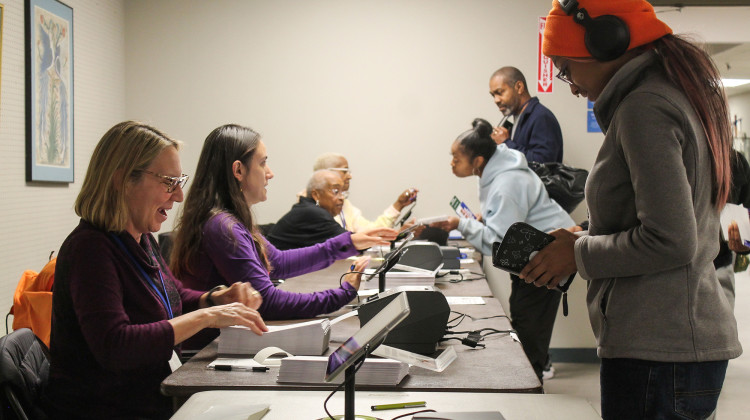U.S. Supreme Court Justice Amy Coney Barrett returned to her alma mater Monday to deliver the keynote address for the Notre Dame Law Review’s Federal Courts Symposium.
The symposium focused on the federal equity power, or the ability of federal judges to issue rulings based on both the letter of the law and what they determine to be a just remedy.
In her address, Barrett said the combination of law and equity in federal courts often creates tension. Some feel that equity makes up for the shortcomings of the law, while others feel that it can be too easily abused.
“At root, it’s about the tension between the demands of the law, which constrains, and the demands of fairness, which is flexible,” she said.
Barrett said the argument between judicial flexibility and constraint finds its way into many other legal debates — including how to interpret the U.S. Constitution.
“The Constitution does not create chancellors, and its dictates cannot be measured by each judge’s conscience,” she said.
Barrett said federal judges ultimately can’t stray beyond the powers the Constitution gives them, even in the interest of flexibility and fairness.
While both are necessary to the judicial system, she said it’s the law, rather than equity, that “most often delivers justice.” It’s then up to lawmakers to remedy injustices.
“Equity jurisdiction gives federal courts access to a body of laws. It does not empower federal judges to be lawmakers,” Barrett said.
A graduate of the Notre Dame Law School, Barrett was confirmed to the U.S. Supreme Court in October 2020. Before that, she taught at the university and served as a judge on the 7th Circuit Court of Appeals.
Barrett returned to Notre Dame last fall to teach a one-week intensive on statutory interpretation. Justices Clarence Thomas and Samuel Alito also spoke at the university last September.
Contact Gemma at gdicarlo@wvpe.org or follow her on Twitter at @gemma_dicarlo.
If you appreciate this kind of journalism on your local NPR station, please support it by donating here.
 DONATE
DONATE









 Support WFYI. We can't do it without you.
Support WFYI. We can't do it without you.